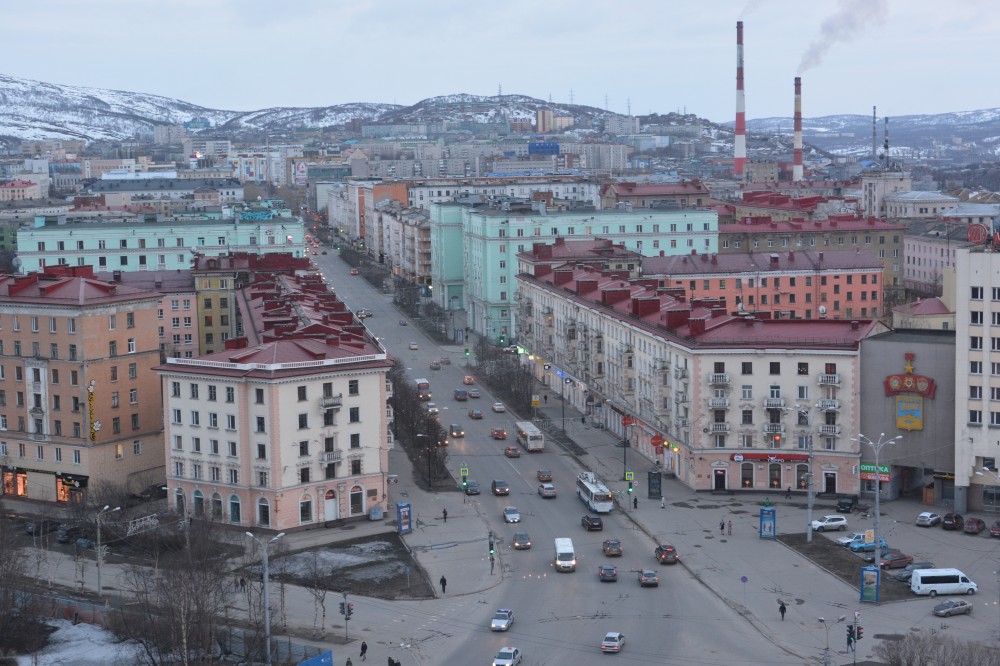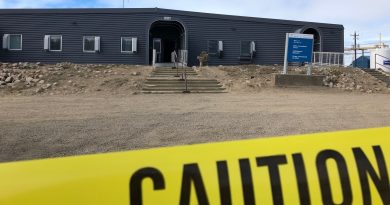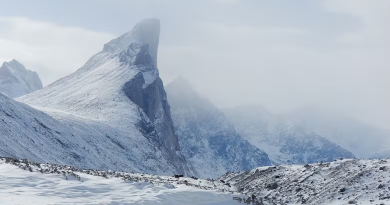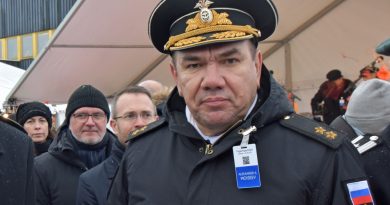Murmansk, Russia sees growth in domestic tourists amid crisis for international travel

The Russian north sees more domestic tourists, but tour operator Sergey Arzumanov in Murmansk says closed borders, quarantine measures and lack of a clear timetable for opening cause a colossal economic burden on businesses and people employed in tourism.
Not all, though, is dark at the horizon for Arctic tourism amid COVID-19 pandemic.
Murmansk, the largest city above the Arctic Circle, sees a growing number of Russians traveling to the north for edge-of-the-world experiences which can be found on the Barents Sea coast of the Kola Peninsula.
“Active winter entertainment, Northern Light, the beauty of the Rybachy (fishermen) Peninsula, the village of Teriberka, it all attract domestic tourists to discover the Russian north,” tells Sergey Arzumanov, owner of the Arctic Travel Guides company.
He explains how local public support programs in Murmansk help the tourism businesses to survive and adapt to the new reality.
“Tourism support and development programs are successfully implemented through projects for small- and medium size businesses, the Russian export centre and the centre for cluster development of the Murmansk region,” Arzymanov elaborates.
“You can get funding and support for the development and promotion of your business, find partners and participate in various events.”
Optimistic despite pandemic
Despite global crisis in the travel sector, Sergey Arzymanov is optimistic and believe more travelers will look north when planning for future destinations.
“When you have been working in tourism for many years, you are ready and able to withstand a variety of challenges. In terms of tourism, the Murmansk region will develop. Unique natural and geographical advantages, with proper support and development from the authorities, will allow to restore the tourist flow in a short time.”
The pandemic has so far costed Russia $7 billion in lost tourism receipts, Andrey Ignatyev, president of Russian Tourism Union recently said to Interfax. By the end of the year, Ignatyev expects losses to hit $8 to 9 billion, for the most due to lack of income from foreign visitors.

The positive side of the story is what Sergey Arzumanov’s company sees in Murmansk: With closed borders and quarantine rules, Russians’ inability to travel abroad to countries like Cyprus, Turkey, Thailand and Greece mean more money to be spent on domestic travel.
“I agree that the situation in the world of tourism and other areas is now difficult, but I am sure that we will overcome this period. In tourism we trust,” Sergey tells with an optimistic voice.
But he admits times are troubled: “COVID-19 has significantly and decisively influenced the functioning of tourism in the Murmansk region. Border crossings with Norway and Finland are reduced to a minimum.”
Sergey says hotels are working, but not at full capacity. Meanwhile, infrastructure projects preparing to support tourism in the future are implemented. Like reconstruction of the airport, construction of roads, bettering mobile phone coverage, development of port infrastructure and opening of new attractions.
“All this, directly or indirectly, will give a positive pulse to the development of tourism on the Kola Peninsula,” he says.
Related stories from around the North:
Canada: Inuit region of Arctic Quebec to start double testing travellers for COVID-19, Eye on the Arctic
Finland: Finnair to end flights to five regional airports, including to Kemi, Lapland, Yle News
Denmark: Faroe Islands updates COVID-19 guidelines for travellers, Eye on the Arctic
Greenland: Greenland approves revised COVID-19 strategy, Eye on the Arctic
Iceland: Iceland to continue double screening for COVID-19 until December 1, Eye on the Arctic
Norway: Norwegians with Swedish property threaten legal action over travel restrictions, Radio Sweden
Sweden: Finland, UK to remove travel restrictions on Sweden, Radio Sweden
United States: To stop coronavirus, Arctic communities took matters into their own hands. Can it last?, Blog by Mia Bennett



